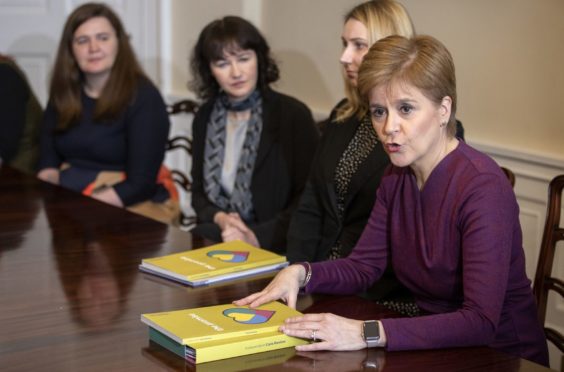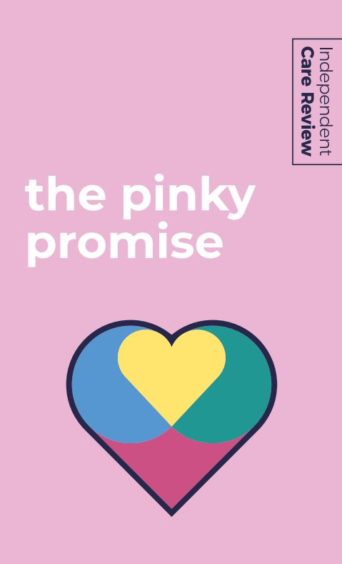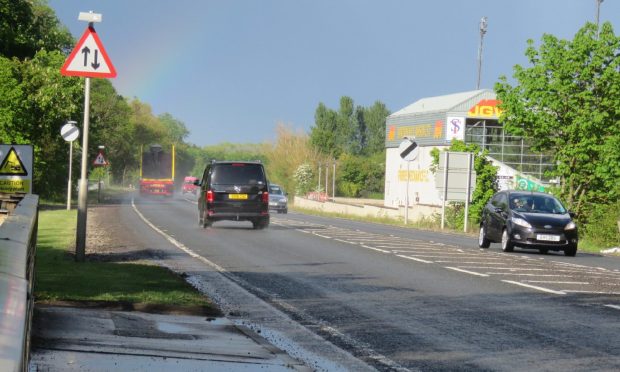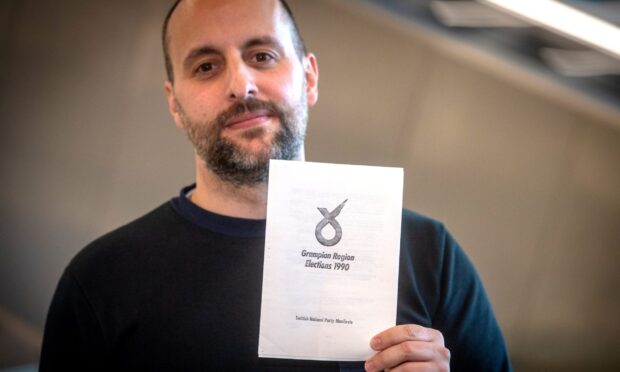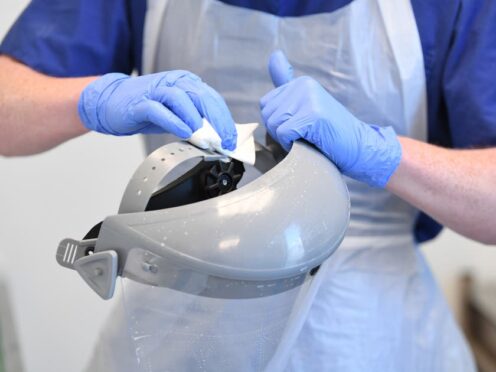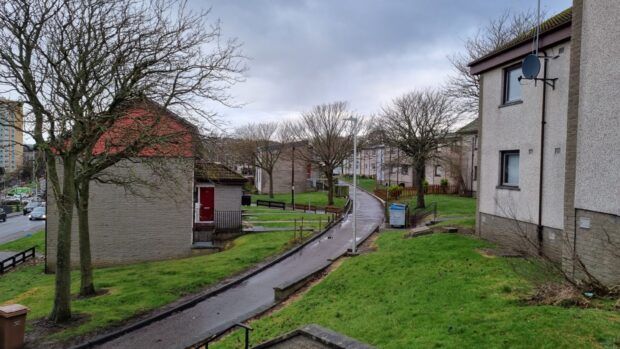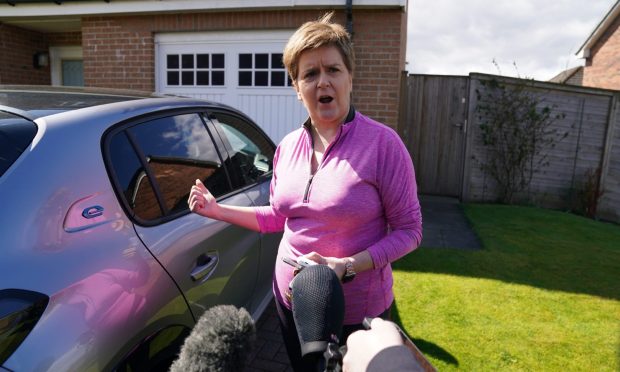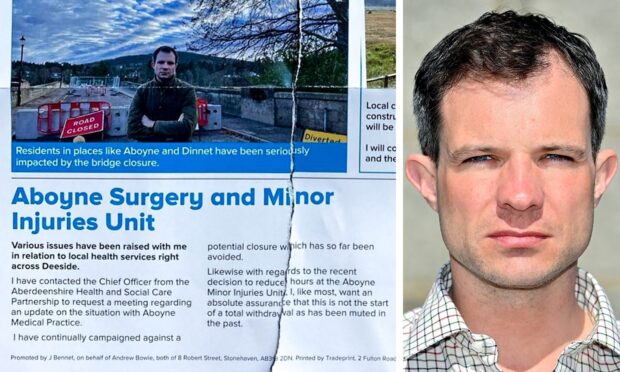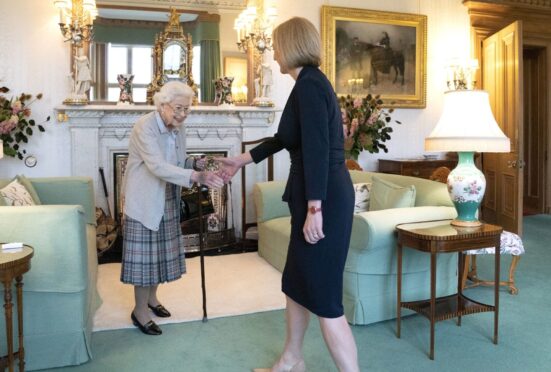The care system in Scotland “serves its own convenience” and failures cost £875 million a year, a review outlining a “radical blueprint” for change has concluded.
The in-depth investigation took account of 5,500 experiences, revealing an approach which it describes as fractured, bureaucratic and unfeeling for “too many” children and families.
Chaired by Fiona Duncan, the Independent Care Review looked into the economic and human cost of the system’s failures for the first time.
It found £875 million is spent each year on dealing with the impacts of incompetency, while £732 million is lost in income tax and national insurance which would have been paid by the care-experienced community if they had the same outcomes as their peers.
Ms Duncan said: “I have heard countless stories of when the care system gets it wrong; separation, trauma, stigma and pain.
“Too many childhoods have been lost to a system that serves its own convenience rather than those within it.
“This is a radical blueprint for a country that loves, nurtures and cherishes its children.
“This is Scotland’s chance to care for its children, the way all good parents should.”
Too many childhoods have been lost to a system that serves its own convenience rather than those within it.
The review began work in February 2017 and will conclude at the end of March this year.
It concluded that people who have been in care are twice as likely to have been homeless and earn only around 75% of their peers.
The report consists of six parts, setting out ambitions for children in the future, a summary of conclusions, recommendations for change, how that can be done, finance, and a thank-you to those who took part.
A section titled the Pinky Promise – which summarises the findings – is also available in a child-friendly version to make it more accessible to young people.
Five key foundations for the care system in Scotland have been set out in the report.
These are making sure the voice of children is heard at all stages, establishing what families need to thrive, making sure care “builds childhoods”, a focus on the importance of relationships, and “scaffolding” so there is structure for those in need.
The report calls for children and young people to be listened to when making decisions about their lives to upend the “balance of power”.
It also recommends there is a focus on building life-long relationships, and that families are kept together whenever it is safe to do so.
First Minister Nicola Sturgeon said: “In 2016 I accepted a challenge to listen to the experiences of 1,000 looked-after young people because I knew the care system needed a transformation and I wanted to hear first-hand what had to change.
“It is clear that despite the efforts of those within the system, the actual experience of too many people in care is not what we want it to be.
“We will keep listening to and working with care-experienced people, because the case for transformational change is now unarguable and their voice must shape that change.”
People who took part in the review included those who have experience of living in the care system and those who work in it.
The review found care services cost £1.2 billion each year.
